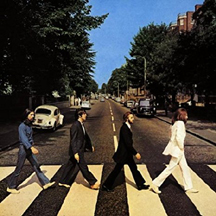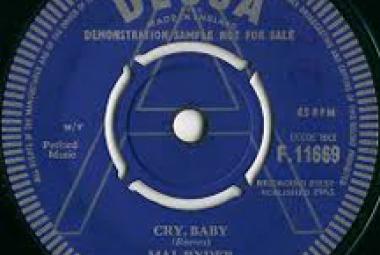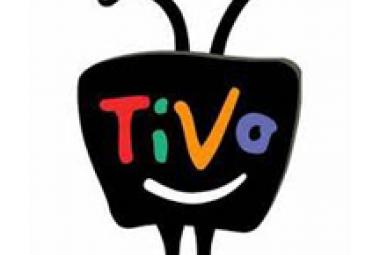Abbey Road is the eleventh studio album by English rock band the Beatles, released on 26 September 1969 by Apple Records. Although Let It Be was the final album that the Beatles completed before the band’s dissolution in April 1970, most of the album had been recorded before the Abbey Road sessions began. Abbey Road is a rock album that incorporates genres such as blues, pop and progressive rock; and it makes prominent use of the Moog synthesizer and the Leslie speaker. Side two contains a medley of song fragments edited together to form a single piece. Although Abbey Road was an immediate commercial success and reached number one in the UK and US, it initially received mixed reviews, some critics describing its music as inauthentic and bemoaning the production’s artificial effects. Many critics now view the album as the Beatles’ best and rank it as one of the greatest albums of all time. (More from Wikipedia)
In July 1967, the Klubs were given a recording test at EMI’s famed Abbey Road Studios, renamed for the Beatles’ penultimate album, Abbey Road in 1970. Staff producer Alan Paramor oversaw a marathon recording session, where the Klubs worked on covers of Cream’s “NSU”, and “Desdemona” by John’s Children (back when Marc Bolan, later of T. Rex was a bandmember), plus a new recording of their own song “Livin’ Today”. Paramor called the band “unrecordable” and sent them on their way.
(July 2013)
* * *
It is natural for any band to evolve over the course of their career; though their core sound was intact, the Beatles who recorded Please Please Me in 1963 are quite different from the band who released Abbey Road in 1969. (The Beatles released one more album, Let it Be after Abbey Road; but most of this music was actually recorded earlier). Some bands change more than others, however.
(June 2014)
* * *
(June 2015)
* * *















